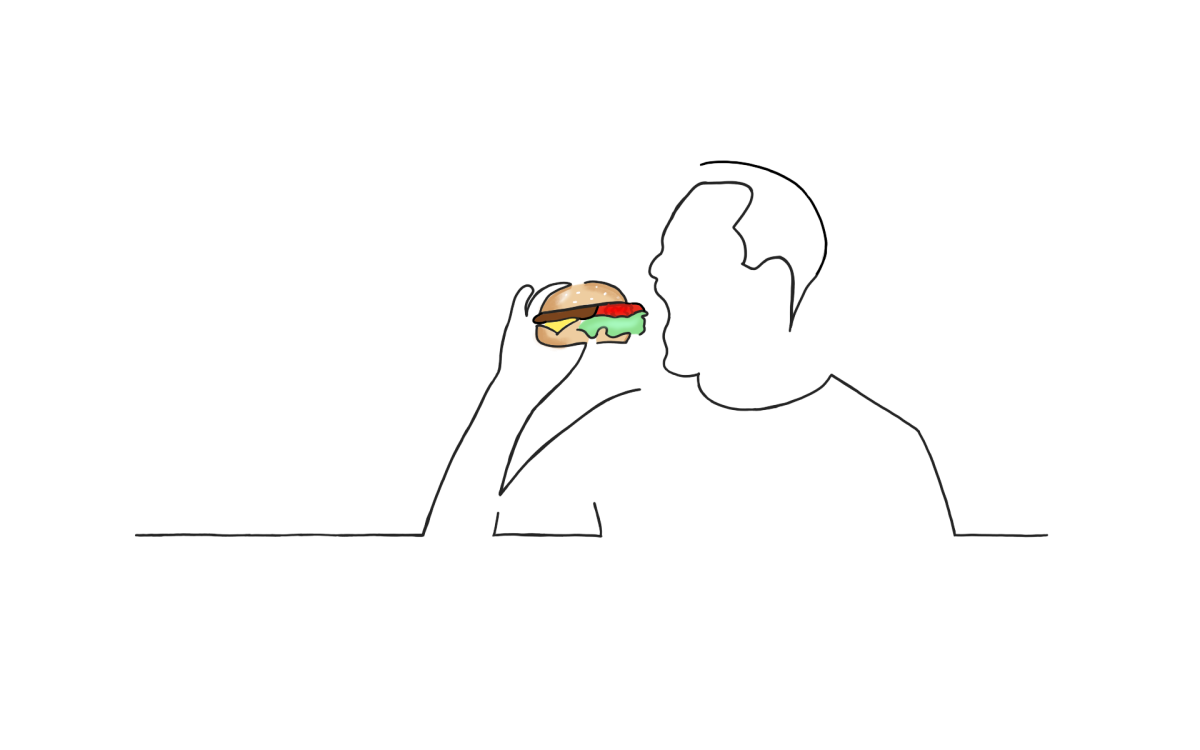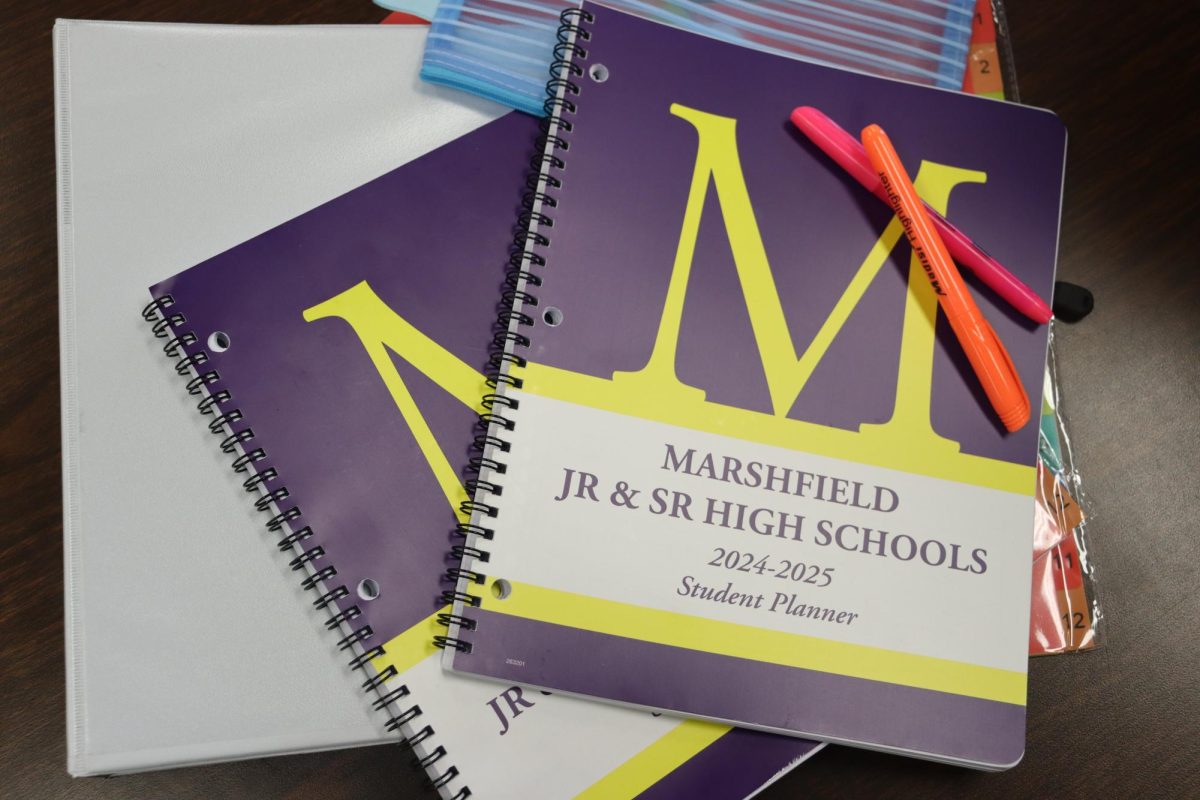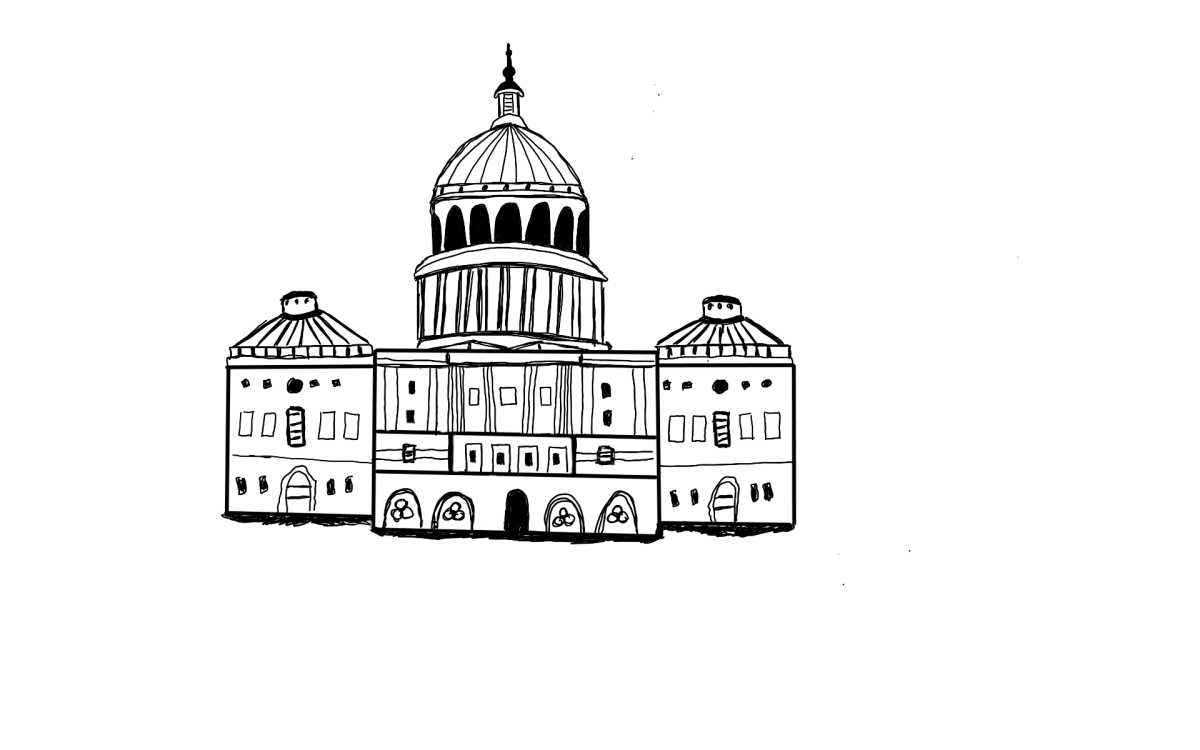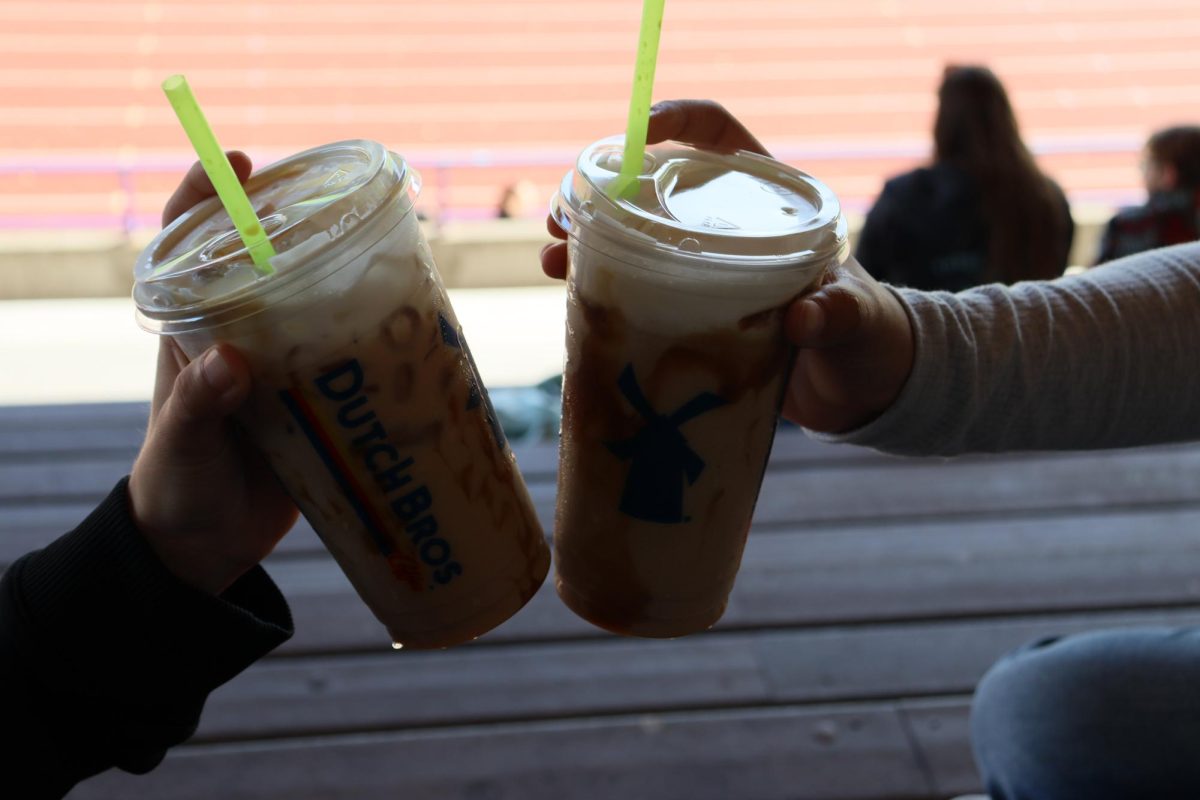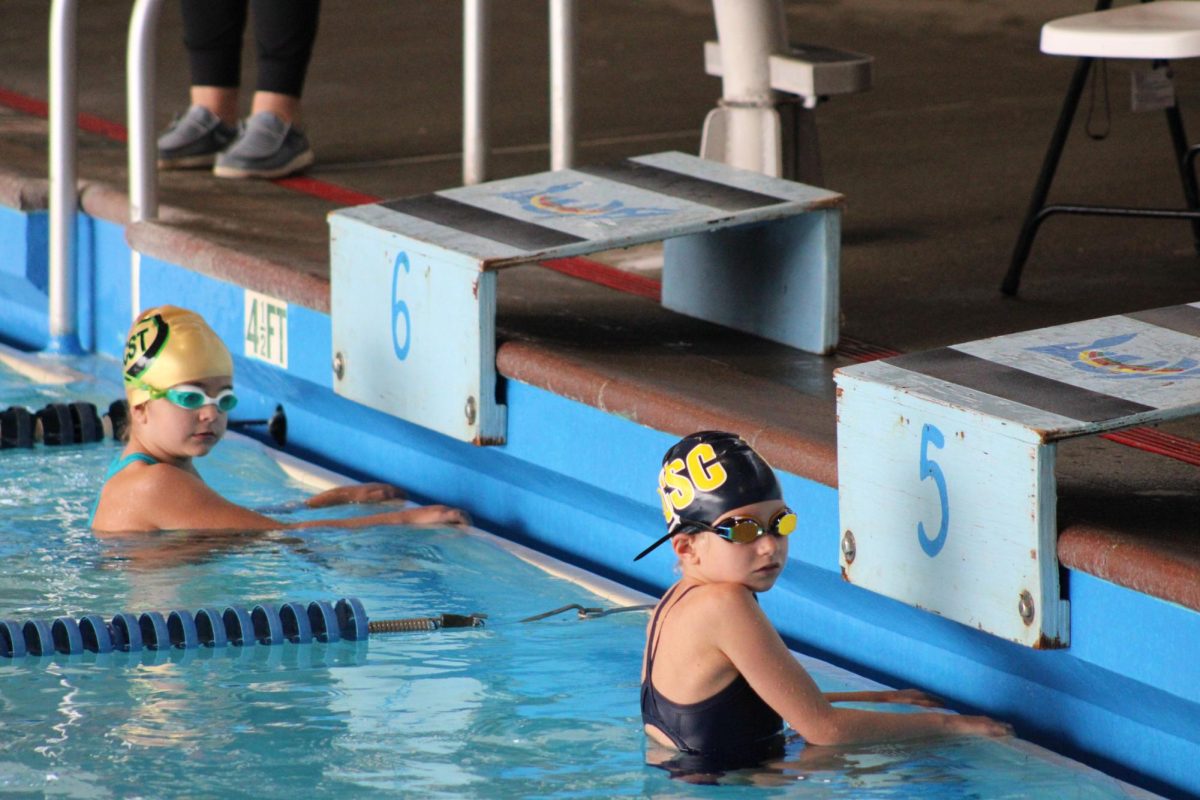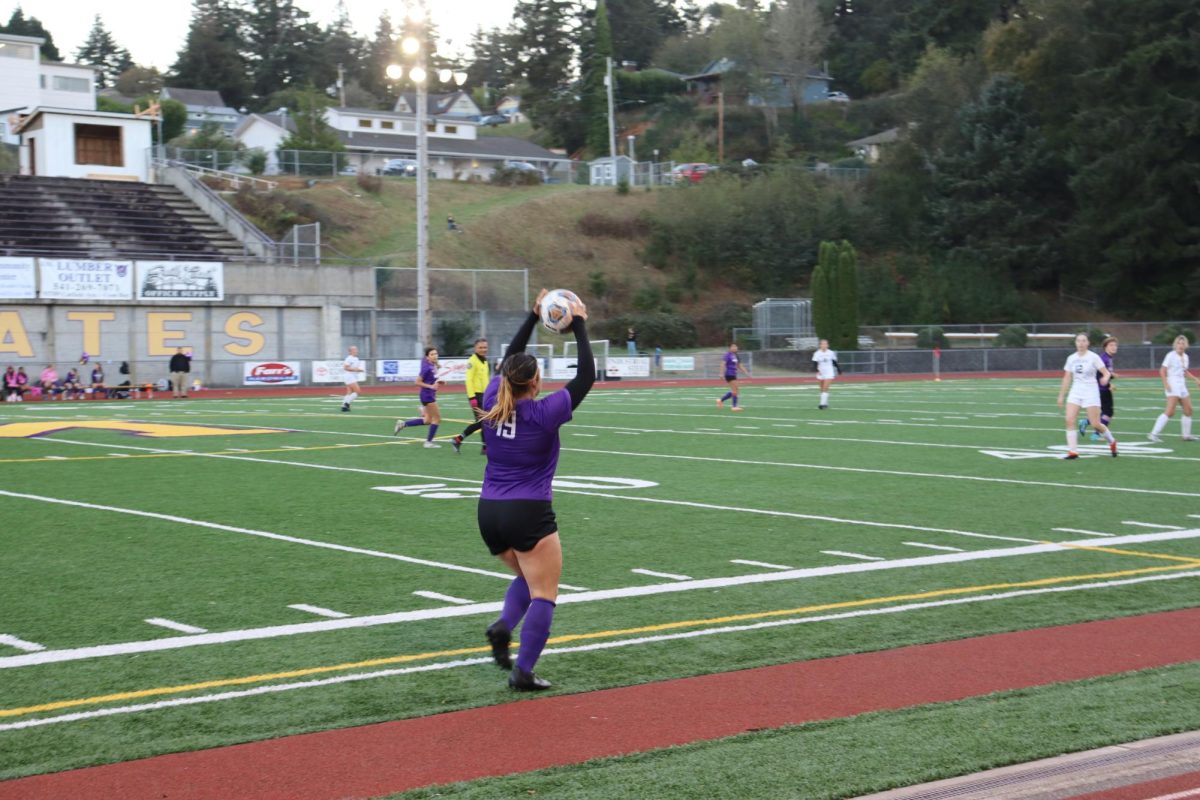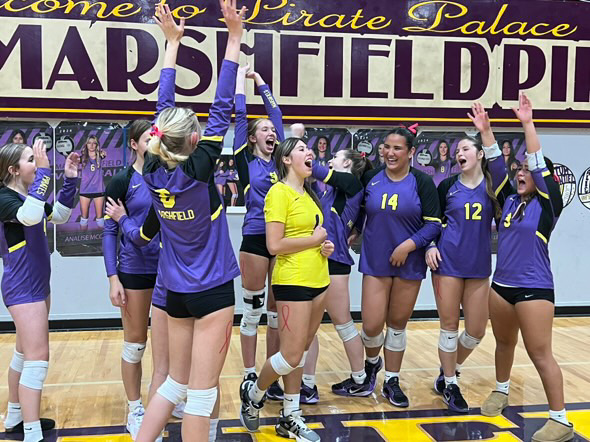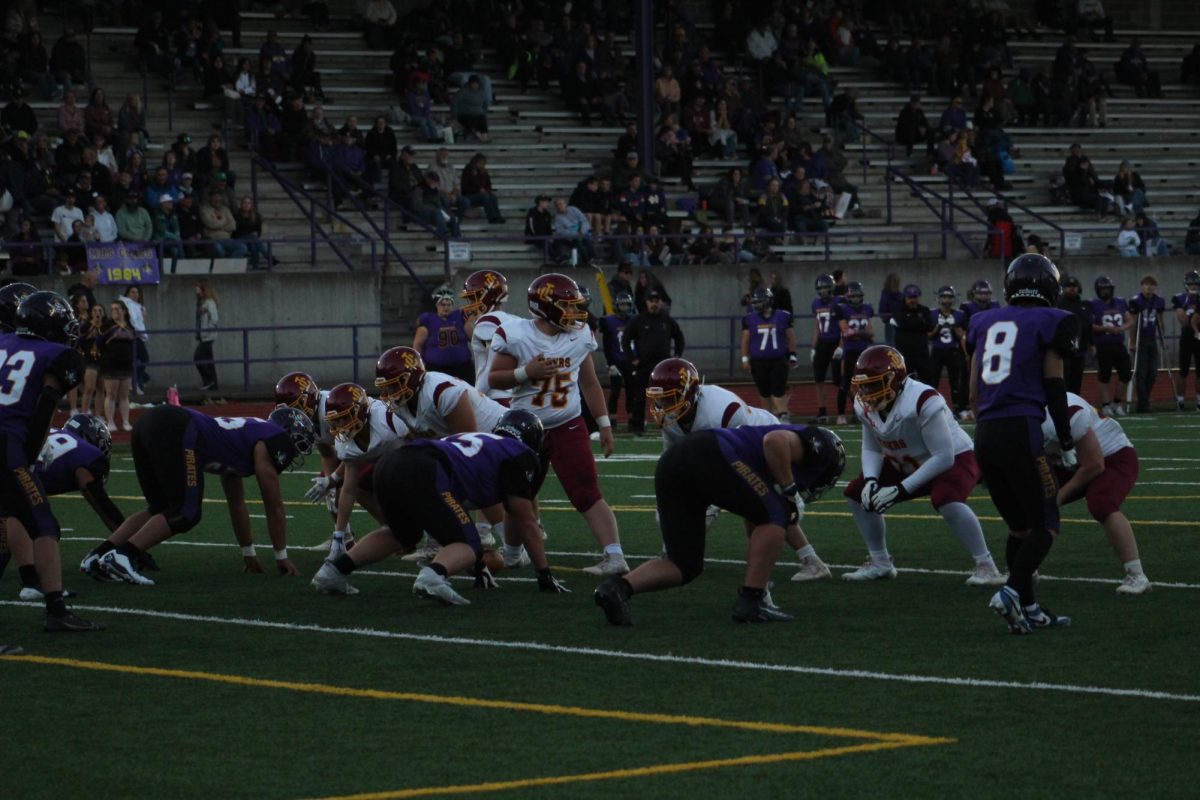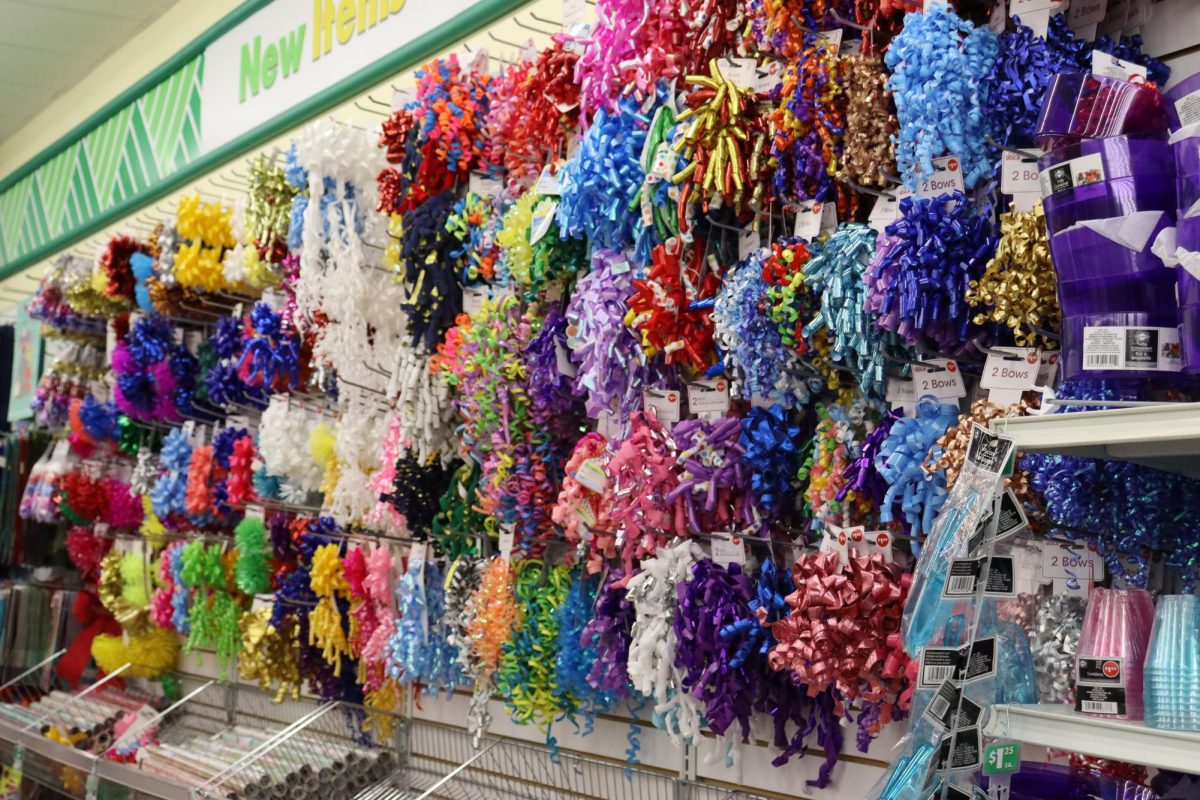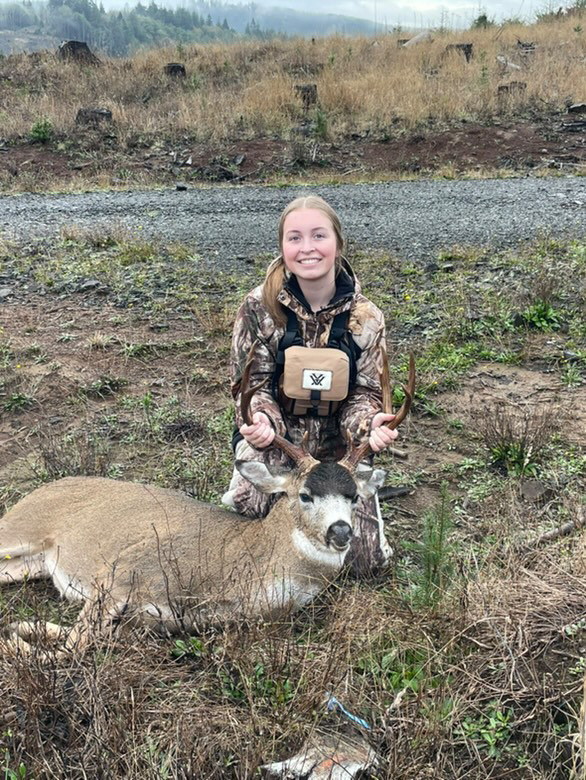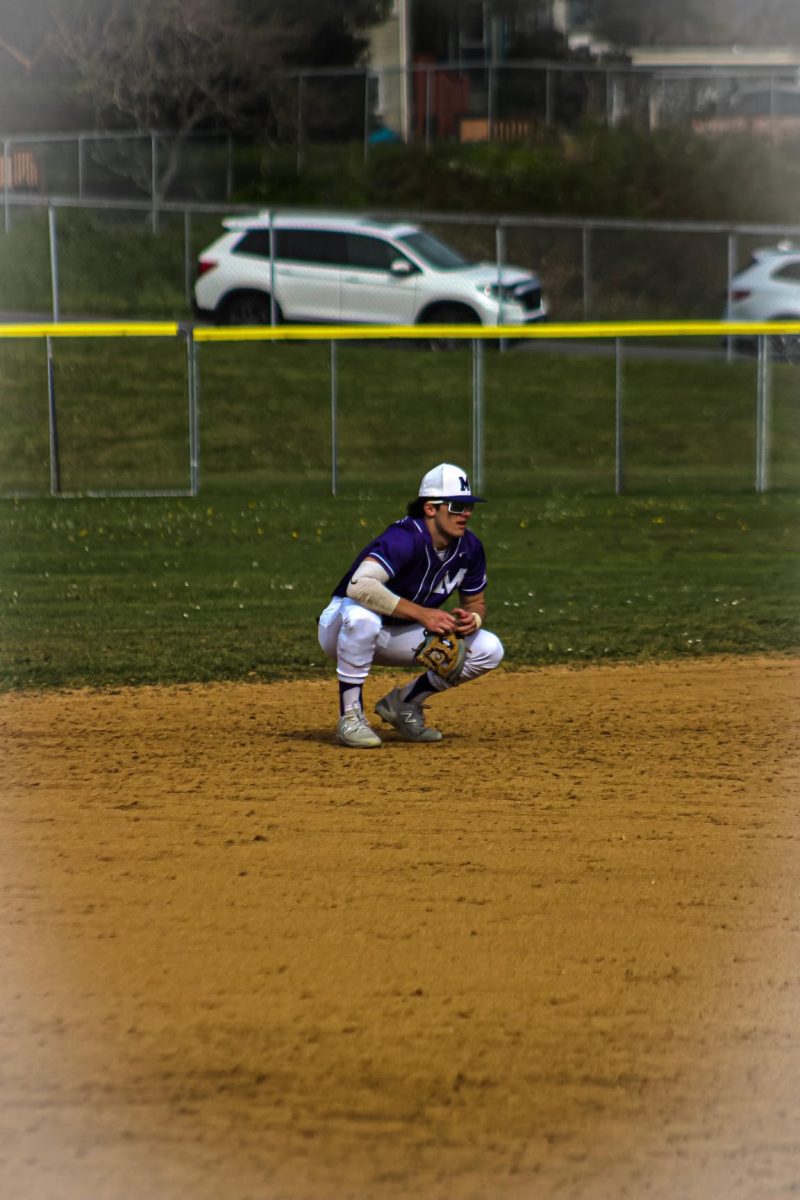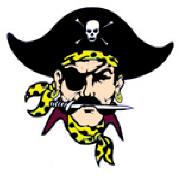Student athletes sign it so they can play. If they do not, they cannot participate.
The extra-curricular activities Code of Conduct outlines everything from the expectations for student athletes in the classroom and on the field or court, to agreeing to random drug testing. The current Code of Conduct devotes two pages to the school district’s expectations regarding alcohol, marijuana, tobacco and other illegal substances for minors.
Social studies teacher and varsity girls basketball coach Bruce Bryant said there is no place for the use of illegal substances among student athletes.
“They’re not going to perform well,” Bryant said. “It’s illegal, and they’re not helping the team or themselves.”
As stated in the Code of Conduct, student athletes can be held accountable if present at a party where there are illegal substances on the premises, whether or not the student was using or in possession of such substances. Evidence of parties sometimes shows up on social media. In either case, if staff members become aware of the alleged activity, they may typically report it to administration. Students can also report information to school personnel, but freshman Ellise McMillan said there can be mistakes when students report these activities to adults.
“It could be someone lying about it because they want them [student in question] to get in trouble,” McMillan said.
However, students may find themselves in violation of the Code of Conduct by way of the random drug testing program. Athletic Director Greg Mulkey said the process for the program is simple.
“So what we do is we take a percentage of each one of the programs [fall, winter and spring sports], we put them in a hat, then just draw names,” Mulkey said.
However, some students, such as junior Trent Christensen, wonder if students are selected completely at random to be tested.
“I feel like some students are brought in for suspicion and other sorts, or the coaches feel like they should be drug tested,” Christensen said.
If a student violates the code related to drugs or alcohol, the consequences are clearly stated. According to the Code of Conduct, “Students found guilty of possessing or using alcohol or marijuana will be suspended from participation in competitions and events for two calendar weeks beginning with the next official event or competition.” The second offense will lead to students being dismissed from all extra curricular activities for the remainder of the season.
Principal Doug Holland said consequences are necessary.
“We’re hoping consequences change behavior,” Holland said. “And sometimes our behavior as people, it’s so imbedded, that whether it’s drugs or it’s bullying or cutting class, no matter what consequences we give out, people aren’t going to change.”
Holland said the district wants to help students with substance issues and repeat offenses indicate counseling is the next best option.
“If you’re using to the extent that, ‘Hey, I’ve been caught a couple times,’ if your need for drugs is so bad that you’re willing to sacrifice a lot of things that I’d think are meaningful to you, then what we do here on campus is small in proportion to the help you really need,” Holland said.


